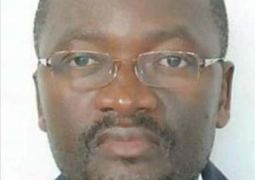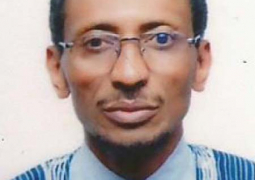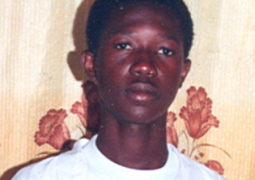Reports reaching this paper have revealed that the practice of female genital mutilation (FGM) has significantly reduced in the Upper River Region.
According to Faye K. Jawneh, chairman of the Sare Ngai Steering Committee on FGM and headmaster of
Mr Jawneh made this statement recently while delivering his speech on behalf of the Sare Ngai Steering Committee on FGM, during the mini-declaration of another 25 communities within the Wuli West, Wuli East and Sandu districts at Sare Ngai village in URR last weekend.
He said their data have shown that forced marriage has dropped from 82 per cent to 12 per cent and early marriage has also declined from 66 per cent to 8 per cent.
"The practice of female genital mutilation has also equally dropped from 78 per cent to 14 per cent," he said, adding that significant improvements and achievements have been registered in health and hygiene through the collaborative efforts of TOSTAN, UNICEF and the
For the past three years, he added, TOSTAN in Sare Ngai has consistently demonstrated success, despite the numerous challenges they faced.
The issues they deal with affect the social, economic, basic human rights, and educational development of people.
Mr Jawneh added that before the intervention and support of TOSTAN and the joint project in the area, most communities did not realise the implications and harmful effects of traditional practices like FGM and early and forced marriage.
"We gained knowledge through dialogue, consultation and decision-making processes, advocacy and collaboration, and thus realised our potential in combating FGM, early and forced marriage," he said.
He further emphasised that reports have shown that with consultation and social mobilisation by the CMC of Sare Ngai, more people are changing their attitudes.
Mr Jawneh said that as a result of information sharing, consultation and advocacy activities, a lot of girls are now enrolled in the school system.
"These improvement and process could be linked to nothing other than the numerous interventions and support guided by TOSTAN, between 2007 and 2010," Jawneh noted.
He also urged people in TOSTAN intervention areas to continue to practise the acquired skills and knowledge, in order to achieve the desired objectives.
The alkalo of Sare Ngai, Chokeh Jallow, commended TOSTAN and the
He then used the occasion to appeal to TOSTAN to extend the project to other areas.
The chairman of the Village Development Committee of Sare Ngai, Alhagie Foday Jallow, expressed similar sentiments.
He applauded TOSTAN for raising their understanding on FGM, and other bad traditional practices.
Aja Adama Bah, lady president of Sare Ngai, who is also the head of the mobilisation social team, thanked TOSTAN and the villagers for their participation in the activities.




